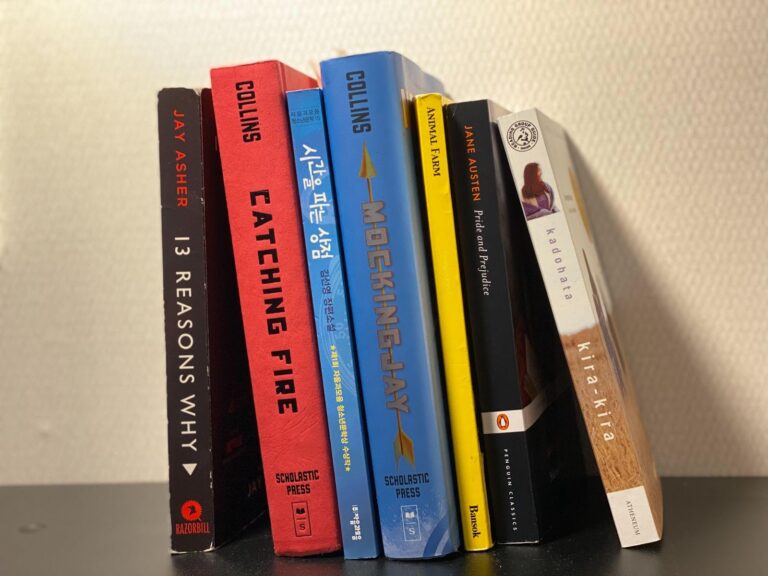People often write fiction books for several reasons. They might be writing one because they want to be the next Shakespeare and have this amazing idea that they just have to show the world, just enjoying their hobby, or it’s for an assignment. Regardless of our intentions, all of us struggle to write fiction at some point of our writing journey. If you are totally new to writing fictions, you have come to the right place! There are three steps to keep in mind that would definitely help you when you are lost. Keep in mind that these steps are only suggestions, meaning that you are not required to follow every single detail to write a fiction, but it would be highly recommended to think about these. There are three things we want you to set: the protagonist, the conflict, and the resolution.
First and foremost, we have to set the protagonist, the main character of the play. When we are doing a character analysis, we often look for a character’s personality, characteristics, and appearances. A character might be hot-tempered or calm, have a big family and a lover or is alone, and look attractive or unattractive. If the character has relationship(s) in its life, further elaborate on it. Is it going to be directed to a positive or a negative one? What are some strengths and weaknesses of your character? What kinds of morals and values does your character set? These are some questions that you can use to build your protagonist up.
After your main character, we have to set the conflict. There are roughly five types of conflict in a fiction: character versus own self, character versus character, character versus society, character versus nature, and character versus supernatural force (fate). Choose one and try to develop from there. One thing to keep in mind is that you are not limited to have one conflict in your story. You can choose to develop one main conflict and a few minor conflicts. For instance, your main conflict can be a situation where you are about to get fired, and your minor conflict can be having a hard time while developing a romantic relationship.
Finally and importantly, we have to set the resolution of your story. How would you like to end your fiction? Resolution plays a prominent role on how much impact would your story have to the readers. Depending on how you end your fiction, the readers might be influenced until they finish the book or their entire life. Thus, it is crucial to end strong. In the end, is your conflict going to be resolved entirely, partially, or not at all? How does your character feel about and after the resolution? Is the character satisfied, miserable, motivated, hopeless, or even dead? What is the lesson that you wish your audiences would take from your book?
Here’s an acronym for you: Pick the Clean Ring (Protagonist, Conflict, and Resolution). In conclusion, these are some guidelines you can follow whenever you are lost. They will help you to get back on track.
By: Miso Kim


